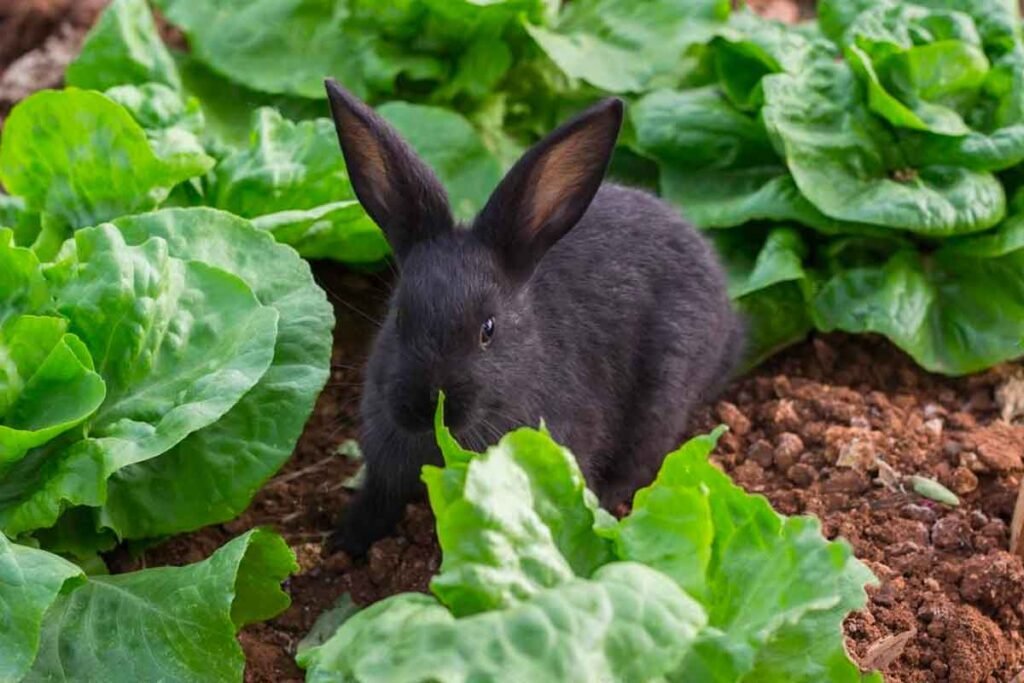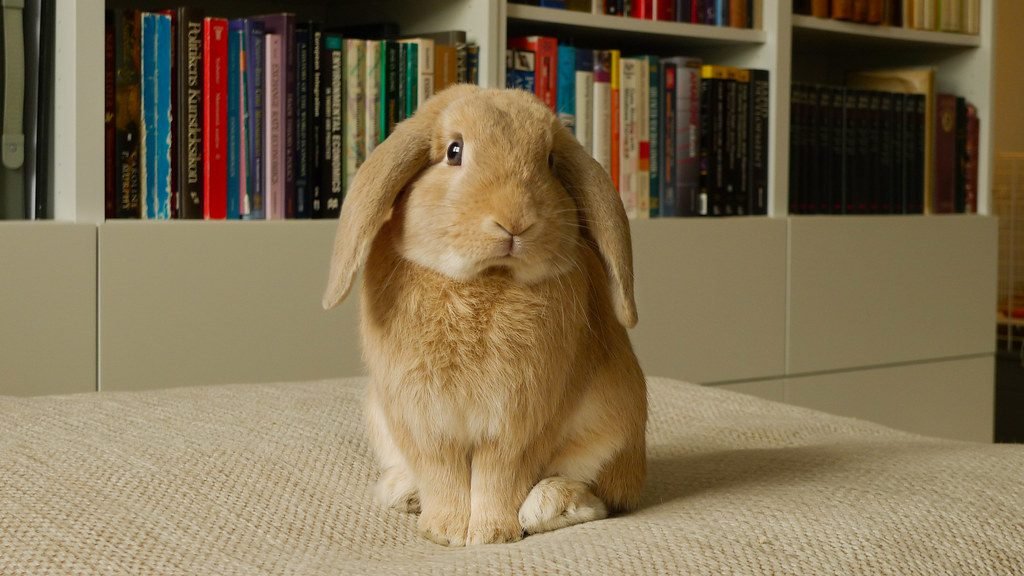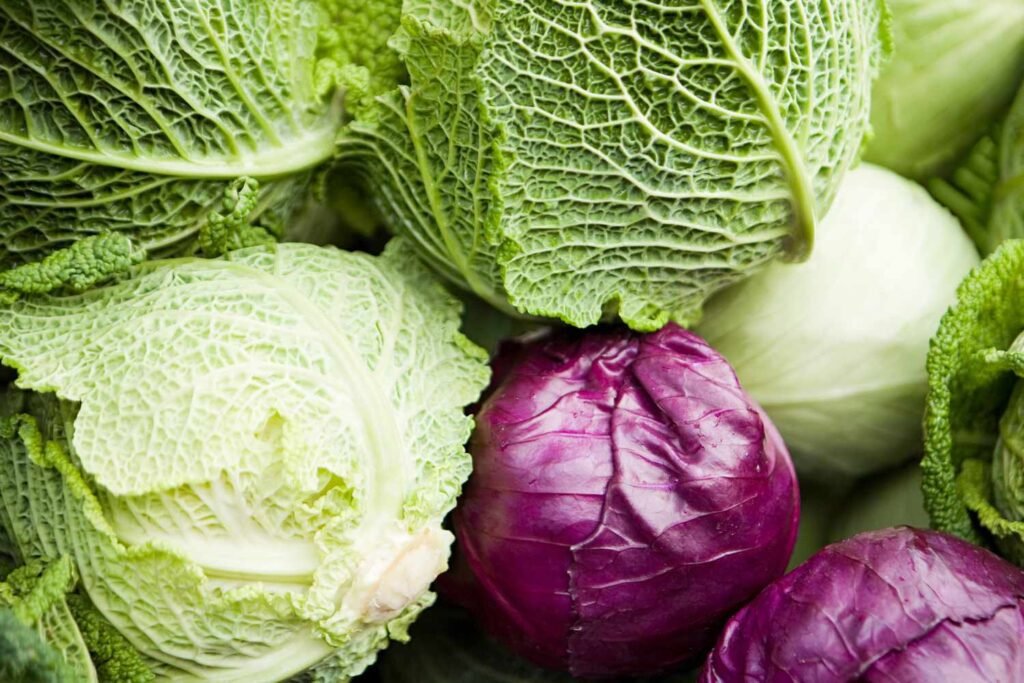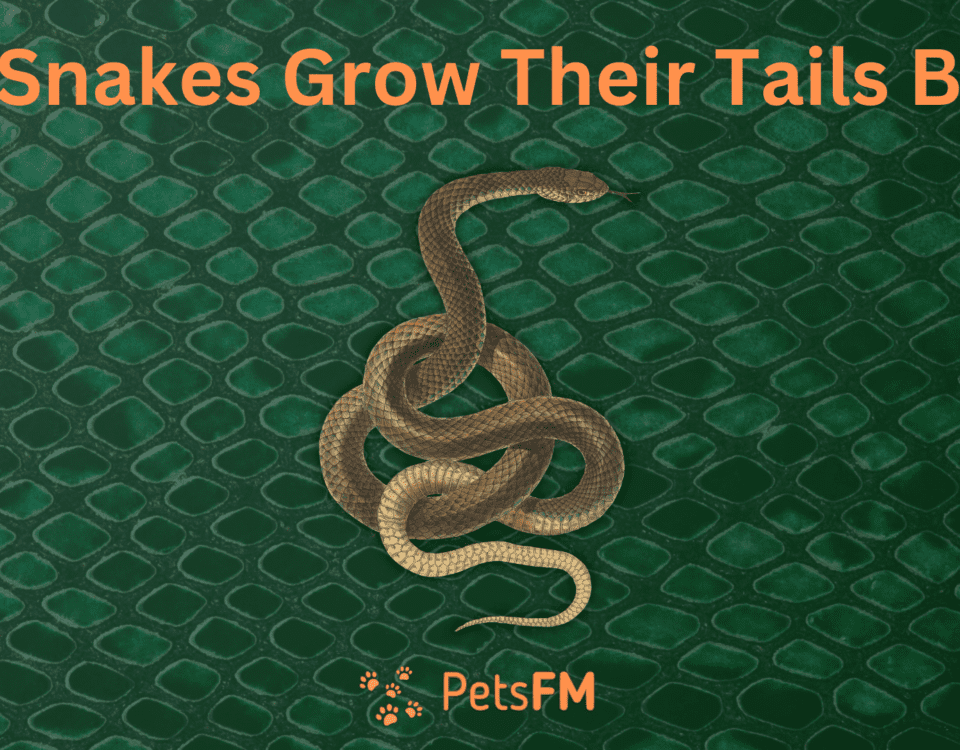


Are Cats Cleaner Than Dogs? Comparison Guide
February 22, 2024


Flemish Giant Rabbit Lifespan: How Long Do They Live?
February 23, 2024Rabbits are cute, fluffy pets that many people love. They need the right food to stay healthy and happy. One common question from rabbit owners is about feeding cabbage to their rabbits. Is it safe? Cabbage is a vegetable that humans eat, but not all human food is good for rabbits.
This blog looks at whether rabbits can eat cabbage safely. We’ll talk about how cabbage can fit into a rabbit’s diet. Our goal is to help rabbit owners know more about what their pets can eat, focusing on cabbage. This way, you can ensure your rabbit eats well and stays healthy.
However, here’s a quick answer: Yes, rabbits can eat cabbage, but it should be given in small amounts as part of a varied diet. Cabbage is high in vitamins and fiber but can cause gas if eaten in large quantities. Start with a small piece to see how your rabbit reacts. Always wash the cabbage and introduce it slowly into their diet to avoid digestive issues. Mix it with other rabbit-safe veggies for a healthy meal.
Nutritional requirements of rabbits
Rabbits need a special diet to stay healthy. They eat mostly hay, which is essential for their teeth and stomach. A balanced diet for a rabbit includes hay, some pellets, fresh water, and vegetables. Vegetables are like a treat for rabbits.
They add vitamins and variety to their meals. But not all veggies are good for them. The right veggies can make a rabbit’s diet even better. Choosing safe ones is crucial, and giving them the right amount is essential. This helps keep rabbits happy and healthy.


Rabbit Eating Cabbage
Editor’s Pick: Unisex Bunny names (nature, character, mythology inspire, etc.)
The nutritional value of cabbage for rabbits
Feeding cabbage to rabbits offers nutritional benefits but also comes with potential concerns. Here’s a simple breakdown:
Nutritional Benefits:
- Vitamins: Cabbage is rich in vitamins K and C, essential for a rabbit’s bone health and immune system.
- Fiber: Cabbage is high in fiber and helps keep the rabbit’s digestive system running smoothly.
- Antioxidants: Contains antioxidants that can help protect a rabbit’s cells from damage.
Potential Concerns:
- Gas: Cabbage can cause gas and bloating in rabbits if fed large amounts due to its high sulfur content.
- Digestive Issues: Introducing cabbage too quickly or in large quantities can upset a rabbit’s stomach.
- Variety: Relying too much on cabbage can prevent rabbits from eating a varied diet, which is essential for their overall health.
Here’s a simple table showing the nutritional value of cabbage for a typical 100g serving:
| Nutrient | Amount | Daily Value |
| Calories | 25 kcal | – |
| Protein | 1.3 g | – |
| Fiber | 2.5 g | – |
| Vitamin K | 76 µg | 63% |
| Vitamin C | 36.6 mg | 61% |
| Calcium | 40 mg | 4% |
| Iron | 0.47 mg | 3% |
How to introduce cabbage safely into your rabbit’s diet?
Introducing cabbage into your rabbit’s diet should be done carefully and slowly. Here’s how to do it:
- Start Small: Begin with a small piece of cabbage to see how your rabbit reacts.
- Watch for Digestive Changes: Keep an eye on your rabbit for signs of gas or digestive upset.
- Gradually Increase: If no adverse effects exist, increase progressively over time.
- Mix with Other Veggies: Combine cabbage with rabbit-friendly vegetables to ensure a varied diet.
- Fresh and Clean: Always serve new cabbage and thoroughly wash to remove pesticides or chemicals.
What are the considerations?
When introducing cabbage or any new food to your rabbit’s diet, monitoring their health and behavior is crucial to ensure they adjust well. Here are some tips:
- Observe Poop: Check if their poop is normal in size, shape, and consistency. Changes can indicate digestive issues.
- Watch for Gas: Be alert for signs of discomfort or bloating, as cabbage can cause gas in some rabbits.
- Monitor Eating Habits: Ensure your rabbit continues to eat their regular food. A sudden lack of interest could signal a problem.
- Stay Alert for Allergic Reactions: Although rare, watch for unusual symptoms like skin irritation or excessive scratching.
Variety is key in a rabbit’s diet to provide a range of nutrients and prevent boredom. Cabbage can be a healthy part of this variety when appropriately introduced because it offers essential vitamins and minerals.
However, it should be just one diet component that includes a wide range of vegetables. This approach ensures your rabbit gets a balanced fiber, vitamins, and minerals diet. Mixing cabbage with other safe vegetables like bell peppers, broccoli, and leafy greens can help maintain an interesting and nutritious diet for your rabbit.


Cute Bunny
What type of cabbage can you give to your rabbit?
You can give several types of cabbage to your rabbit, each offering its own nutritional benefits. However, moderation is vital to avoiding digestive issues.
Here are some types commonly safe for rabbits:
- Green Cabbage: The most common type, green cabbage, is safe for rabbits in small amounts.
- Red Cabbage: Similar to green cabbage but with more antioxidants. It’s also safe for rabbits but should be given in moderation.
- Savoy Cabbage: Characterized by its crinkly leaves, savoy cabbage is a bit softer and can be easier for rabbits to eat. It’s safe in small quantities.
- Bok Choy (Pak Choi): While not a traditional cabbage, it’s a type of Chinese cabbage that is safe for rabbits. It should be introduced slowly due to its higher water content.
How much cabbage is considered safe for rabbits?
The amount of cabbage considered safe for rabbits to consume daily should be limited, as it’s essential to prevent digestive upset and ensure a balanced diet. A safe guideline is to offer your rabbit a small piece of cabbage, roughly the size of your thumb, a few times a week rather than daily.
This should be part of a varied diet with many other vegetables and hay. Remember, moderation and diversity are vital to maintaining your rabbit’s health and well-being. Always monitor your rabbit for any signs of gastrointestinal discomfort or changes in eating habits when introducing any new food, including cabbage.
Alternatives to cabbage in a rabbit’s diet
When considering alternatives to cabbage in a rabbit’s diet, it’s important to choose safe vegetables that offer nutritional benefits.
Here are some other options, along with a comparison to cabbage in terms of nutritional benefits and risks:
Carrots and Carrot Tops
- Benefits: High in beta-carotene (which converts to vitamin A) and fiber. Carrot tops are rich in nutrients.
- Risks: Carrots are high in sugar; they should be given in moderation as a treat rather than a staple.
- Comparison: Carrots are higher in sugar than cabbage and should be given less frequently. Carrot tops, however, are a great leafy green alternative.
Bell Peppers
- Benefits: High in vitamins A, C, and E, but low in calories. Available in various colors, each with a slightly different nutritional profile.
- Risks: Minimal, but it’s best to remove the seeds.
- Comparison: Bell peppers offer a wider range of vitamins compared to cabbage without the risk of causing gas.
Broccoli
- Benefits: Rich in fiber, vitamin C, and various nutrients. The stems and leaves can be eaten.
- Risks: It can cause gas in some rabbits, similar to cabbage. It should be introduced slowly and fed in moderation.
- Comparison: Like cabbage, broccoli can cause gas but offers a higher vitamin C content.
Kale
- Benefits: High in vitamins K, A, and C, along with minerals like iron and calcium.
- Risks: High calcium and oxalic acid can lead to urinary and kidney issues if fed in excess.
- Comparison: Kale offers more vitamins and minerals per serving than cabbage but should be fed in moderation due to its high calcium content.
Romaine Lettuce
- Benefits: Low in calories and high in water content, making it a hydrating choice. It also provides some fiber and vitamin A.
- Risks: Lower nutritional content compared to other leafy greens. Iceberg lettuce, in particular, should be avoided due to its high water and low nutrient content.
- Comparison: Romaine lettuce is safer to feed in larger quantities than cabbage due to its lower risk of causing gas and bloating.
Can rabbits eat cabbage every day?
No, it’s not recommended to feed cabbage to rabbits every day. Instead, offer a small piece of cabbage a few times a week as part of a varied diet to avoid digestive issues.
Is there a type of cabbage that rabbits should not eat?
All common types of cabbage (green, red, savoy) are generally safe for rabbits in moderation. However, avoid feeding large amounts of any single kind of vegetable, including cabbage, to ensure a balanced diet.


Types of Cabbage
What signs of digestive upset should I look out for after feeding cabbage to my rabbit?
Watch for changes in stool consistency, reduced appetite, signs of bloating, or discomfort. If you notice these signs, mitigate or eliminate cabbage from your rabbit’s diet and consult a veterinarian.
Can cabbage replace hay in my rabbit’s diet?
No, cabbage cannot replace hay. Hay should be the main component of a rabbit’s diet, providing essential fiber for digestive health. Cabbage and other vegetables should only be supplemental to ensure a balanced diet.
What vegetables can I mix with cabbage to feed my rabbit?
When mixing vegetables with cabbage to feed your rabbit, aim for a balanced mix that provides variety without overwhelming their digestive system.
Here are some vegetables you can safely mix with cabbage:
- Bell Peppers: Safe for rabbits in all colors (red, green, yellow), bell peppers are high in vitamins A and C but low in oxalic acid, making them a great complement to cabbage.
- Carrot Tops: While carrots should be given sparingly due to their high sugar content, carrot tops are nutritious and low in calories, making them a good mix with cabbage.
- Cilantro (Coriander): This herb is loved by many rabbits and is a good source of Vitamin C. It can add flavor and variety to the cabbage mix.
- Romaine Lettuce: Romaine and other dark, leafy lettuces (excluding iceberg, which is nutritionally poor) can be mixed with cabbage to add hydration and fiber to your rabbit’s diet.
- Broccoli Leaves: The leaves of broccoli are highly nutritious and can be mixed with cabbage. However, broccoli can cause gas like cabbage, so both should be introduced gradually and fed in moderation.
- Kale: High in vitamins A, C, and K, kale is a nutritious addition but should be used sparingly due to its high calcium content.
- Spinach: Another leafy green rich in nutrients, spinach should be given in moderation due to its higher oxalic acid content.
Is it necessary to cook the cabbage before feeding it to my rabbit?
No, cooking cabbage before feeding it to your rabbit is unnecessary. In fact, it’s best to offer cabbage raw. Cooking cabbage can change its nutritional content and make it harder for rabbits to digest. Rabbits are accustomed to eating raw vegetables and have a digestive system that handles raw, fibrous plant material.
Always wash the cabbage thoroughly to remove any pesticides or contaminants before offering it to your rabbit. Serving it raw ensures that your rabbit receives the maximum nutritional benefits from the cabbage, including its fiber, vitamins, and minerals.
Conclusion
In summary, rabbits can safely eat cabbage in moderation as part of a varied diet. It offers vitamins and fiber but should be introduced slowly to prevent digestive issues. Mix cabbage with other vegetables to ensure a balanced diet.
Remember, each rabbit is unique; what works for one may not work for another. Always consult a veterinarian before significantly changing your rabbit’s diet to ensure their health and well-being.



